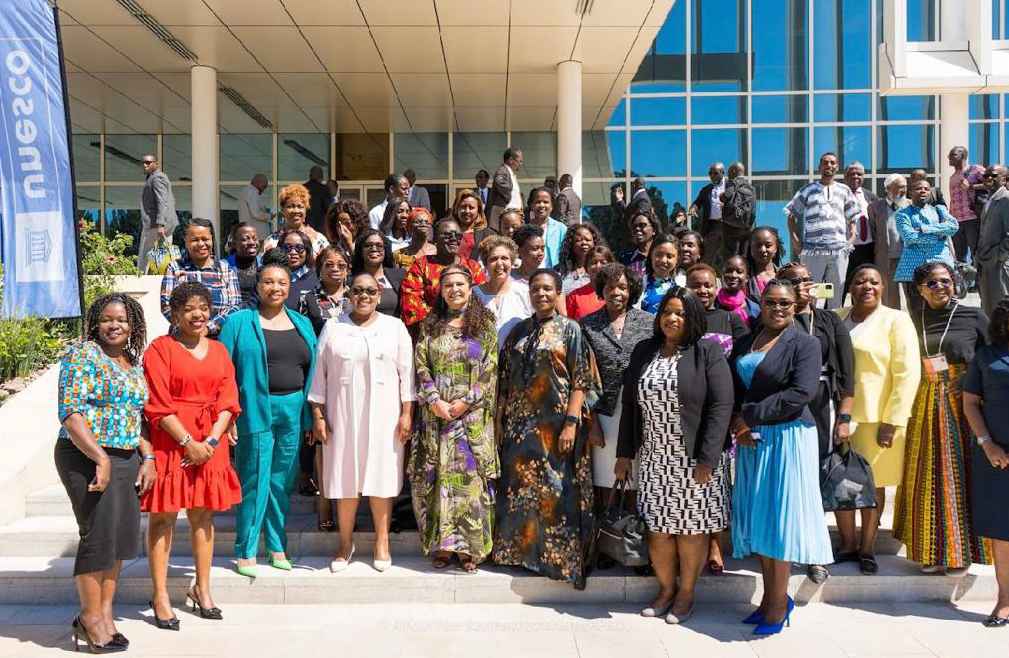By Cecilia Maundu, Lusaka, Zambia.
The Second Media Convention, which was held in collaboration with UNESCO, the African Union (AU), and the Southern African Editors’ Forum (SAEF), addressed the urgent matters of social media regulation and the safeguarding of press freedom in Africa.
The convention emphasized the critical need to address these challenges to establish a responsible online environment and safeguard the integrity of journalism.
Participants engaged in extensive discussions regarding the detrimental impact of unregulated social media on the spread of misinformation, disinformation, and hate speech.
Notably, the convention drew attention to the significant role that social media played in spreading false information during Kenya’s 2022 general elections, highlighting the urgent necessity for robust regulations to combat these growing challenges.
In addition to the discussions on social media regulation and press freedom, the media fraternity in Africa put forth a list of demands to address concerns over the state of press freedom and financially support struggling media organizations.
The demands were outlined in a four-page declaration issued after the three-day convention in Lusaka, Zambia from the 11th to the 13th of May. Among them was the establishment of initiatives to ensure the safety, security, and mental well-being of journalists across Africa.
The declaration also called for the repeal of laws that infringe upon freedom of expression and media freedom, as well as the implementation of a national minimum wage for journalists in each African country.
“We, the participants, appeal to the Africa Peer Review Mechanisms (APRM) to review and update the press freedom, access to information, and safety of journalists indicators as a mechanism to monitor press freedom abuses in Africa and use the same to hold to sanction violators of freedom of expression and press freedom,” stated a section of the declaration.
Another prominent aspect of the Second Media Convention’s declaration was an appeal to address issues hindering media viability. Delegates urged African governments to pursue equitable revenue-sharing by tech giants to ensure the sustainability and viability of journalism and media organizations.
They also called upon UNESCO to take the lead in creating an African media fund dedicated to financing and enhancing media sustainability and viability, given the financial challenges faced by many media organizations across the continent.
“This is necessary to protect the media from political and economic pressures and thus consolidate freedom of the media in Africa,” emphasized the Lusaka declaration.
_________________________________________________________________________
Cecilia Maundu is a broadcast journalist, a podcaster, a digital rights researcher, and a digital security trainer.
![]()




